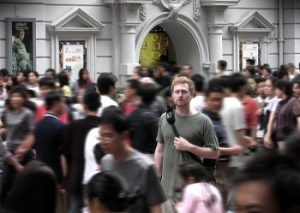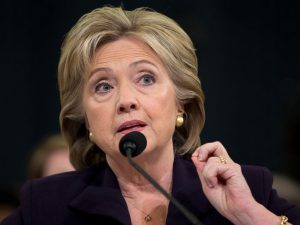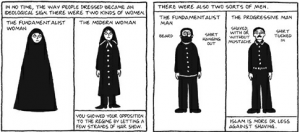In my ASTU class, we recently talked about how pieces of history, such as photographs or writings, are still inspiring in the present day. For example, we talked about the well-known “Falling Man” picture, a photograph of a man free falling after jumping off the World Trade Center during the September 11 Attacks. I find it interesting that seeing an image that I have seen countless of times before can still tug at my heartstrings. This has inspired me to read up on other photographs that are similar in the sense that they can inspire certain emotions and actions, leading me to the popular “Tank Man” photo and its results in the present day.
The “Tank Man” is a protester during the Tiananmen Square protests of 1989 that when the Chinese government ordered tanks to disperse the protesters, the “Tank Man” stood in front of the tanks, stopping them. 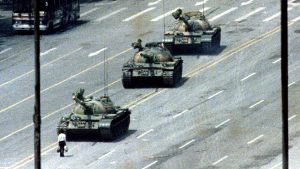 After having the tanks stop, the brave protesters was taken away by people within the crowd, but it led to other people beginning to stand in front of the military vehicles. The “Tank Man” inspired the resistance against the Chinese government’s brutal actions towards the protesters. It shows that this piece of history, at the time, was able to galvanize and inspire emotions to the people during that time.
After having the tanks stop, the brave protesters was taken away by people within the crowd, but it led to other people beginning to stand in front of the military vehicles. The “Tank Man” inspired the resistance against the Chinese government’s brutal actions towards the protesters. It shows that this piece of history, at the time, was able to galvanize and inspire emotions to the people during that time.
Much like the “Falling Man” or W. H. Auden’s poem, “September 1, 1939”, the “Tank Man” photograph inspires the same emotions in the present day as it did in 1989. In recent movements and protest, similar peaceful resistance from protesters against authorities have been a common occurrence.
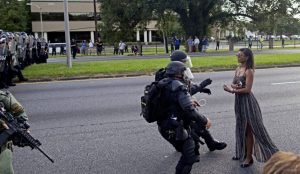
For example, on July 11, 2016, Lesha Evans stood in front of moving riot police during a Black Lives Matter protest in a calm and peaceful manner. The actions of Lesha Evans can be seen as very similar to those of the “Tank Man”, where both stood up against authorities for their movement and beliefs while acting in a fashion that was both respectful and nonviolent. I find that it is amazing that a piece of history is able to fuel the same actions some years later.
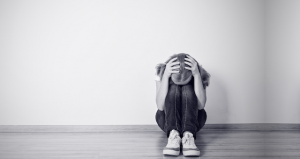 Emma’s story
Emma’s story backed up against a wall. I am thankful that UBC campus has so many services that looks out for its students and staffs by providing them with aid such as the
backed up against a wall. I am thankful that UBC campus has so many services that looks out for its students and staffs by providing them with aid such as the  others say that university is nerve-wracking because it is preparing you for the also aggravating and time consuming life of having a full-time job. Basically, university is seen as a filter for bad and good apples or a boot-camp that is supposed to toughen you up for future careers.
others say that university is nerve-wracking because it is preparing you for the also aggravating and time consuming life of having a full-time job. Basically, university is seen as a filter for bad and good apples or a boot-camp that is supposed to toughen you up for future careers.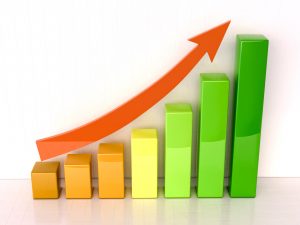 Furthermore, Dr. Kerry Greer assured her students after they received their exam results that, “Your grades are only going to go up from here.”. In essence, we’re being taught to slowly solve our conditions and dilemmas, not being filtered or hardened.
Furthermore, Dr. Kerry Greer assured her students after they received their exam results that, “Your grades are only going to go up from here.”. In essence, we’re being taught to slowly solve our conditions and dilemmas, not being filtered or hardened.